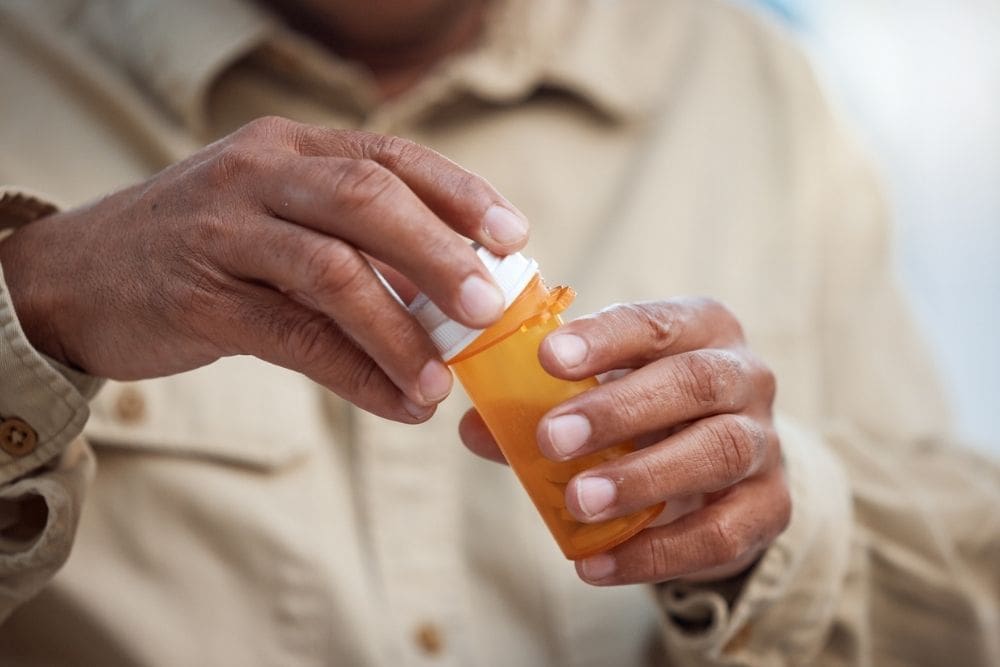In the Movies
In Forrest Gump, actor Tom Hanks plays a young southern man who goes to the Vietnam War and befriends Lieutenant Dan. Later in the movie, we see that Lieutenant Dan has become a paraplegic and alcoholic after he completes his service.
Life isn’t always a box of chocolates.
Veterans and Addiction
Obviously, the movie is a dramatic rendition of American history at that time. However, the truth is that many young Vietnam veterans came home from that war with physical and psychological scarring–and subsequent addiction.
During WWII, many called the nightmares, changes in personality, and development of addictions experienced by vets “shell shock” or “soldier’s heart.” Another one of Tom Hanks’ roles, Captain Miller, in the war film Saving Private Ryan, displays “shell shock” via the constant shaking of his hand during stressful situations on the battlefield.
By the 1980s, there was a medical term for the condition that seemed to torment many men and women soldiers, pushing them to use drugs and alcohol to cope: post-traumatic stress disorder, or PTSD. For veterans specifically, the high instances of experiencing or witnessing war, combat, sexual abuse, and sexual harassment are often clear causes of the disorder.
PTSD is no cause for shame: it is a common human response to acute trauma.
Normally, doctors see it in soldiers about three months after they experience a highly traumatic event. Anywhere from 10 to 20% or more of soldiers who fought in American wars struggle with PTSD today.
Why Does PTSD Seem to Encourage Addiction?
A little under half of all people with PTSD also struggle with addiction. It makes sense, given that the side effects of PTSD can be so overwhelming. These effects include intrusive, often terrifying, thoughts; isolation and loneliness; paranoia; self-destructive behavior; insomnia, and more. Alcohol, drugs, and prescription painkillers can easily become ways for a veteran to self-medicate these symptoms.
It’s not easy to serve in the military. The job comes with enormous psychological strain and danger. We know that all of these factors may contribute to the well documented military cases of heavy drinking, substance abuse, and addiction.
To worsen matters, soldiers face obstacles like gaps in mental health insurance coverage, fear of being discharged from the military, and the stigma of seeming weak or “unfit for duty” when facing their PTSD or dependence issues.
St. Gregory Recovery Center Can Help
Caring for veterans who suffer from addiction and trauma is a priority at St. Gregory’s. Let’s take a look at our mission and values and compare them with that of the U.S. Army:
| St. Gregory’s | U.S. Army |
| Honesty | Integrity & Loyalty |
| Competence | Duty |
| Perseverance | Personal Courage |
| Passion | Honor |
| Respect | Respect |
| Teamwork | Selfless Service |
It’s clear that many of our values align with or complement each other. What makes us radically different from the army is that rather than focusing on our duty to our country, we focus on our duty to ourselves. Only when we are healthy can we be of help to others.
With this goal in mind, we can offer all soldiers the chance to do the following in our Addiction Recovery Program:
- Return to Normalcy
- Alter Your Thinking
- Recreate Your Life
- Strengthen Your Brain & Body
- Employ Tools that Continuously Support Your Recovery
Don’t hesitate to contact us for more information about our recovery program. We’re here to help in every way that we can.




